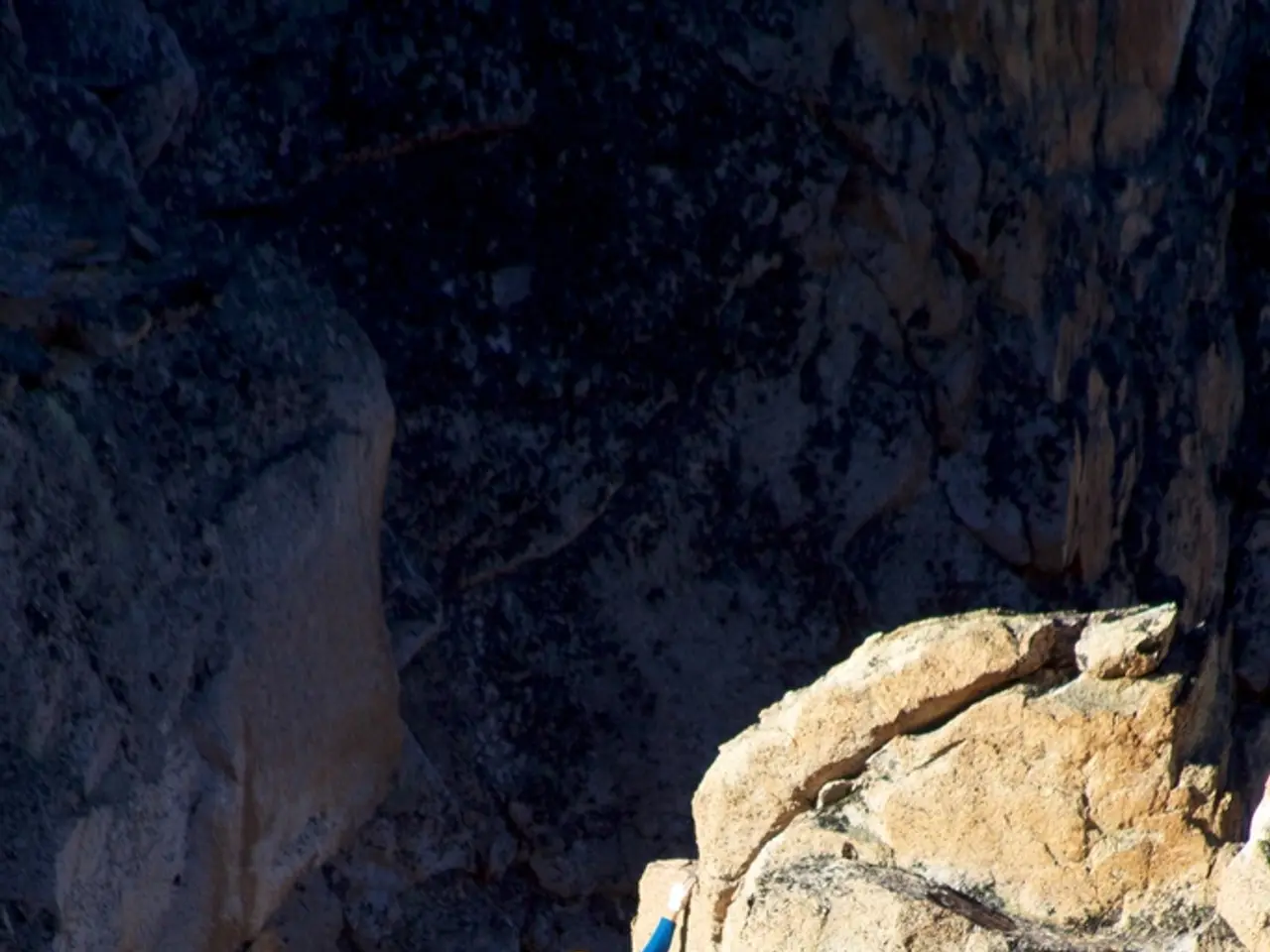Traveler from Kamchatka plants a flag atop Elbrus
Wife of Kamchatka Traveler Shares Challenges of Climbing Mount Elbrus
Mount Elbrus, standing tall at 5,642 meters above sea level, presents a formidable challenge for even the most experienced mountaineers. This was the case for Taras Korop, a traveler from Kamchatka, who successfully climbed the peak on May 9th, accompanied by a tourist group. His wife, Nadya Korop, shared her experiences and insights about the climb.
Climbing Elbrus is more challenging than commonly believed, Nadya Korop emphasized. The physical exertion of the climb can cause a significant increase in heart rate, even during simple tasks like climbing stairs or walking short distances. Preparation for the expedition took half a year, and some equipment needed to be rented.
The effects of altitude are particularly noticeable, causing additional difficulties during the climb. Korop experienced hypoxia above 5,000 meters, a condition characterized by oxygen deprivation. Hypoxia was accompanied by indescribable feelings, according to Korop. Despite physical and mental preparation, the height created unfamiliar problems for Korop.
Climbing Elbrus requires both physical and mental endurance. Climbers must navigate long, strenuous days hiking on snow and ice in cold, windy conditions, often carrying gear while moving slowly to conserve energy. The cold temperatures and strong winds increase energy demands. Techniques like crampon use, ice axe handling, and self-arrest on icy slopes require both skill and physical stamina.
The thin air at high altitudes reduces oxygen availability, causing fatigue, breathlessness, and a slowed pace. Climbers often spend acclimatization days at intermediate altitudes to prepare their bodies for summit attempts. Carrying heavy backpacks during training and climb stages taxes the muscles and cardiovascular system.
Mentally, the high altitude and harsh conditions pose psychological challenges including coping with fatigue, cold discomfort, and the stress of potential whiteouts where route-finding is difficult. Climbers must maintain focus during slow, energy-conserving ascents in conditions that can cause hypoxia, impacting cognition and decision-making. The risk of altitude sickness and the need to monitor one’s own and team members’ health adds mental pressure.
Waiting in cold camps and facing uncertain weather require patience and mental resilience. The presence of rescue huts and GPS coordinates aids safety, but the mental strain of staying on route and not getting lost in whiteouts remains critical.
Nadya Korop expressed hope that their climb will inspire children they actively explore Kamchatka’s nature with. Korop returned to Kamchatka peninsula this week, but did not provide details about the duration of their expedition or the need for rented equipment. She also did not mention her return to Kamchatka or any specific date for their climb or the unfurling of the flag in honor of the 80th anniversary of Victory in the Great Patriotic War.
The challenging ascent of Mount Elbrus extends beyond the realm of physical fitness, invading the realms of science and health-and-wellness, as the cold temperatures and thin air can cause oxygen deprivation (hypoxia) and elevate heart rates even during simple activities like walking stairs. The journey of the Korops, a Kamchatka traveler and his wife, has shown that climbing Elbrus requires not only endurance in the fitness-and-exercise realm, but also mental fortitude, as climbers must face psychological challenges like coping with fatigue, cold discomfort, and potential whiteouts. This adventure also emphasizes the importance of lifestyle, as proper preparation and training can help climbers navigate the physical and mental hardships of their journey. The Korop's inspiring expedition has the potential to spark interest in health-and-wellness, science, fitness-and-exercise, lifestyle, travel, and sports among the younger generation in Kamchatka.




